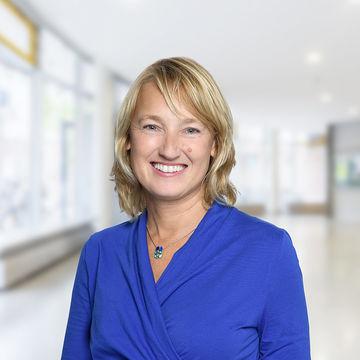The Committee for Industrial Economics was founded on March 19, 1987, during the fourth Industrial Economics Workshop in Berlin. 45 founding members elected Professor Manfred Neumann as chair and Professor Horst Albach as vice chair of the committee. The first committee meeting took place from March 17–19, 1988, in Nuremberg.
The committee’s founding was supposed to express the strongly growing interest in the field of industrial economics. For several years industrial economics is the economics’ subdivision with the largest research output.
The term industrial economics describes a theory-driven practical research in relation to the dynamic interaction between state, market, and enterprises. The research is interdisciplinary, since it considers economic and business management approaches. Therefore the committee consists of economists and business economists.
In the German-speaking area, industrial economics was influenced by the research of Arndt and Heuss on market theory in the fifties and sixties. These were joined by the discussion of the competition concepts by the economists Kantzenbach, Hayek and Hoppmann.
Since the beginning of the seventies, industrial economic papers from the German-speaking area have been gaining great respect in international mainstream industrial economics. Since the eighties game theory works have been dominating industrial economics, the work of Selten and his students particularly gained great influence. Recently, the scientific world focuses again on the empirical and competitive policy roots of industrial economics and finds papers more theory-driven than earlier works.
Major impetus for German industrial economics came from the European Association for Research in Industrial Economics (EARIE), founded in 1974 in a palatine wine bar. Today EARIE, which was strongly influenced by German economists, is the most important European association for industrial economics. EARIE organizes annual conferences and supports the International Journal of Industrial Organization.

